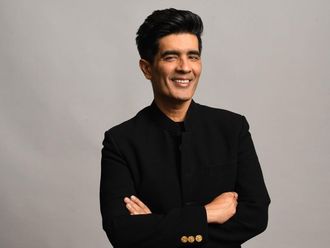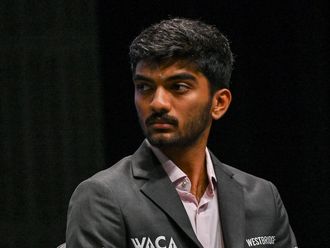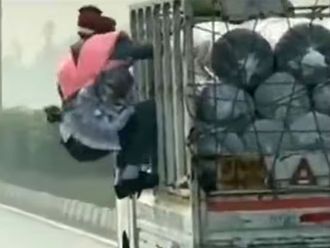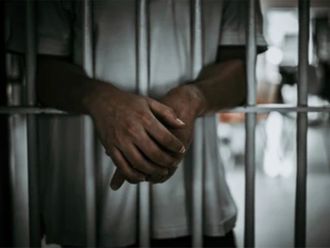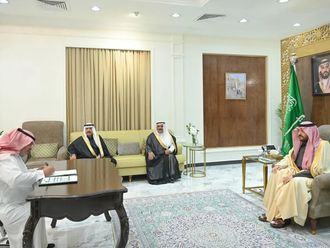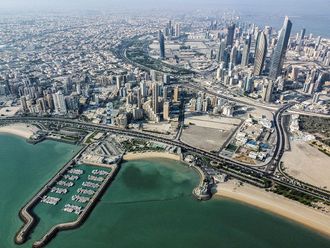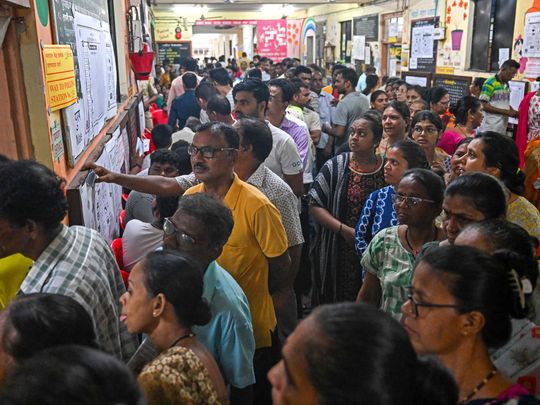
MUMBAI/BHUBANESWAR: Indians voted on Monday in the fifth phase of mammoth general elections, with film actors and sports celebrities among the thousands who turned out early in a bid to avoid scorching afternoon heat in the financial hub of Mumbai.
Three hours before voting closed, about 48% of voters had cast ballots in Monday’s phase of the world’s largest election, which began on April 19, as weather officials warned of more days of heatwaves than usual through the torrid summer.
Votes will be counted on June 4, with Prime Minister Narendra Modi expected to win a rare third consecutive term.
Voters at a polling station in a tiny lane in central Mumbai waited for hours in snaking queues that advanced slowly.
“It is claustrophobic and people are falling sick,” said housewife Shalini Pawar, 42, who queued for three hours. One woman nearly fainted in the heat, she added, calling for authorities to provide drinking water to those waiting.
Nearly a billion people are eligible to vote in India’s election, but after poor initial turnout in early phases, more exercised the franchise to take the average of the first four rounds to 66.95%, with 69% voting in the fourth phase on May 13.
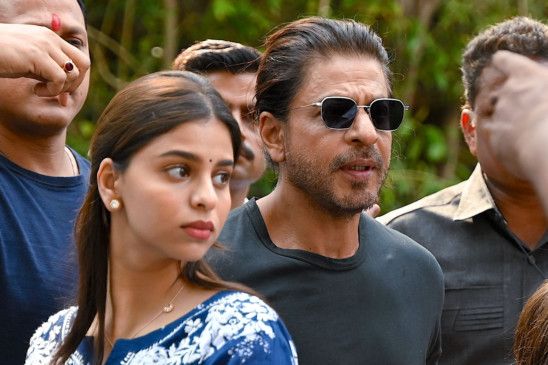
Monday’s phase has the fewest constituencies going to the polls, with 89.5 million voters in 49 seats.
High-profile candidates in the fray included trade minister Piyush Goyal, standing from one of six seats in Mumbai, and defence minister Rajnath Singh from Lucknow, both cities where there has been poor voter turnout in the past.
On Sunday, the Election Commission specifically urged residents of both cities “to erase the stigma” of urban apathy.
Mumbai is also home to the Hindi film industry, popularly called Bollywood, where the voters included film stars such as Shah Rukh Khan, Deepika Padukone, Aamir Khan, Kareena Kapoor Khan and Ranveer Singh.
Still, with three hours left to the end of voting, just 36% to 39% of eligible voters had turned out across the city’s six constituencies.
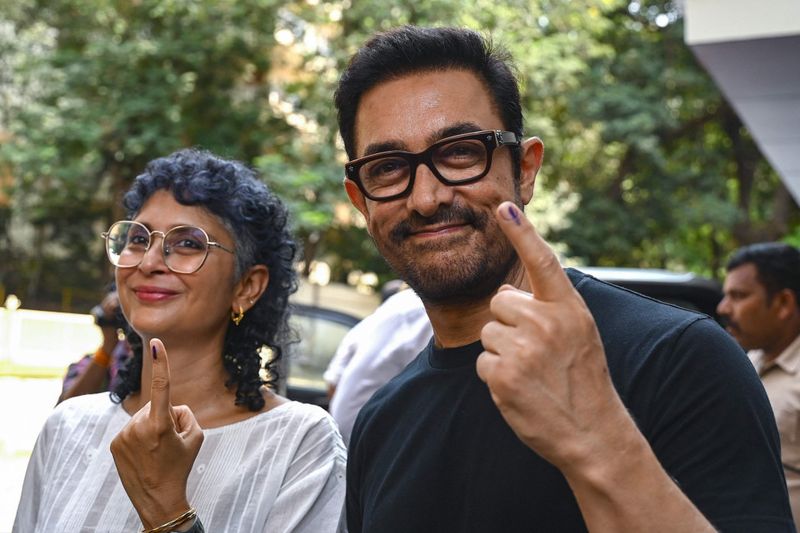
GANDHI FAMILY BASTIONS
Two boroughs of the opposition Congress party’s Nehru-Gandhi dynasty are also going to the polls in the large politically crucial northern state of Uttar Pradesh.
Family scion Rahul Gandhi is contesting the seat of Raebareli, in addition to Wayanad in the south, which has already voted.
Smriti Irani, Modi’s minister for women and child development, is contesting from Amethi, where she defeated Gandhi in 2019.
Former chief minister of Jammu and Kashmir state Omar Abdullah is contesting from Baramulla, one of three seats in the Muslim-majority Kashmir Valley.
Voters wanted change, said Gulzar Ahmad Naikoo, 25.
“There are cases registered against them and their lives mostly revolve around police-stations,” he added.
“They are in trauma and want the cases withdrawn so that they can live a normal life.”
Poor voter turnout became a concern for the ruling BJP initially, and analysts believe the low numbers cast doubts on the landslide victory sought by the party and its allies.
But queues lengthened outside polling booths in Mumbai and Bolangir in the eastern state of Odisha after the weather department forecast maximum temperatures to rise between 2 degrees and 4 degrees Celsius.
“The BJP has not fielded the right candidate for the Lok Sabha, but we are voting ... with Modi in mind,” said 55-year-old Odisha farmer Girish Mishra, referring to the lower house of parliament.
Modi, accused by opponents of targeting minority Muslims to please hardline voters, resolved in a television interview after the fourth phase to “not do Hindu-Muslim (in politics)”.
He has repeatedly accused the Congress of plans to extend welfare benefits to Muslims at the expense of disadvantaged tribal groups and Hindu castes, a claim the opposition party has denied.


